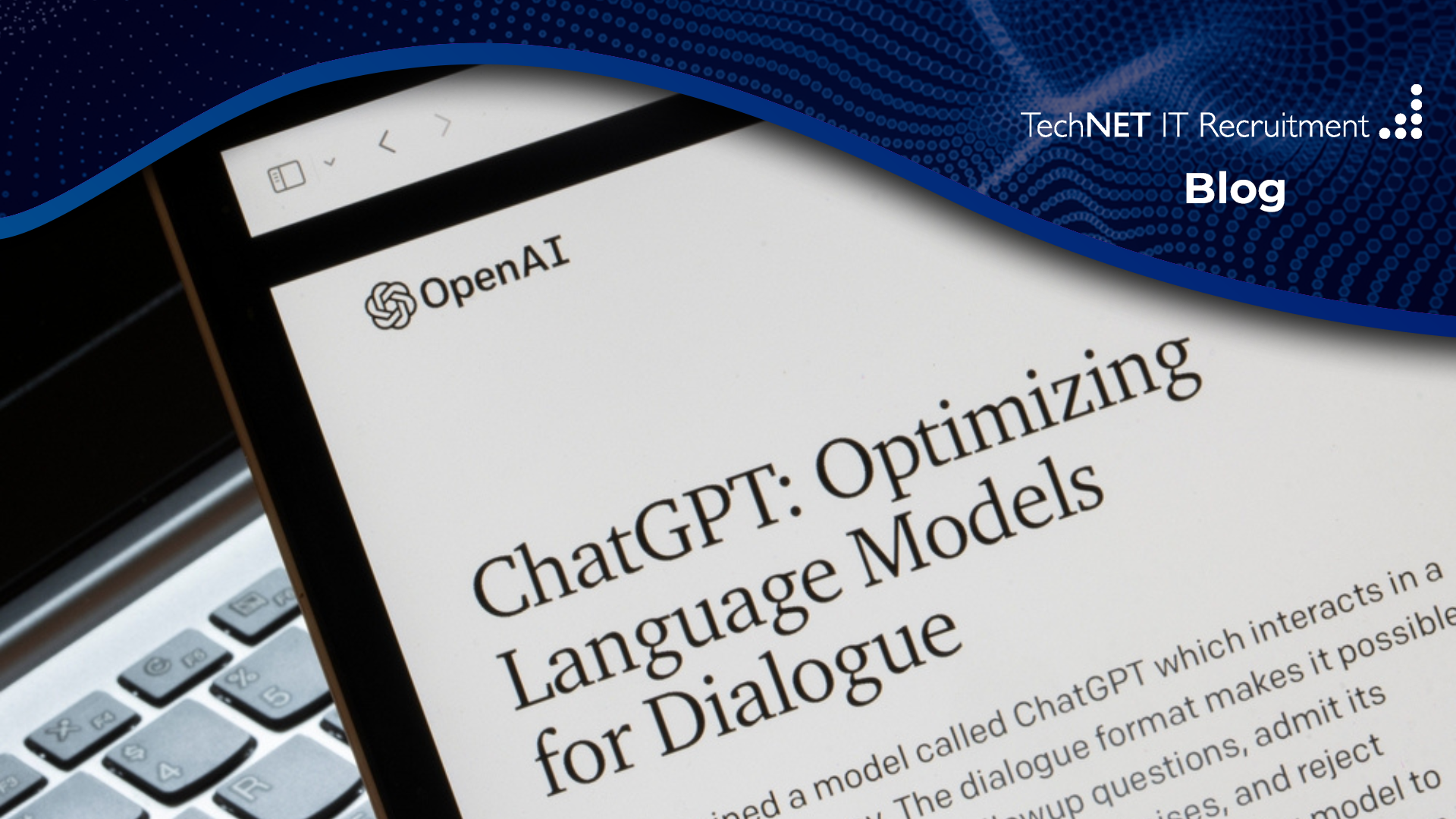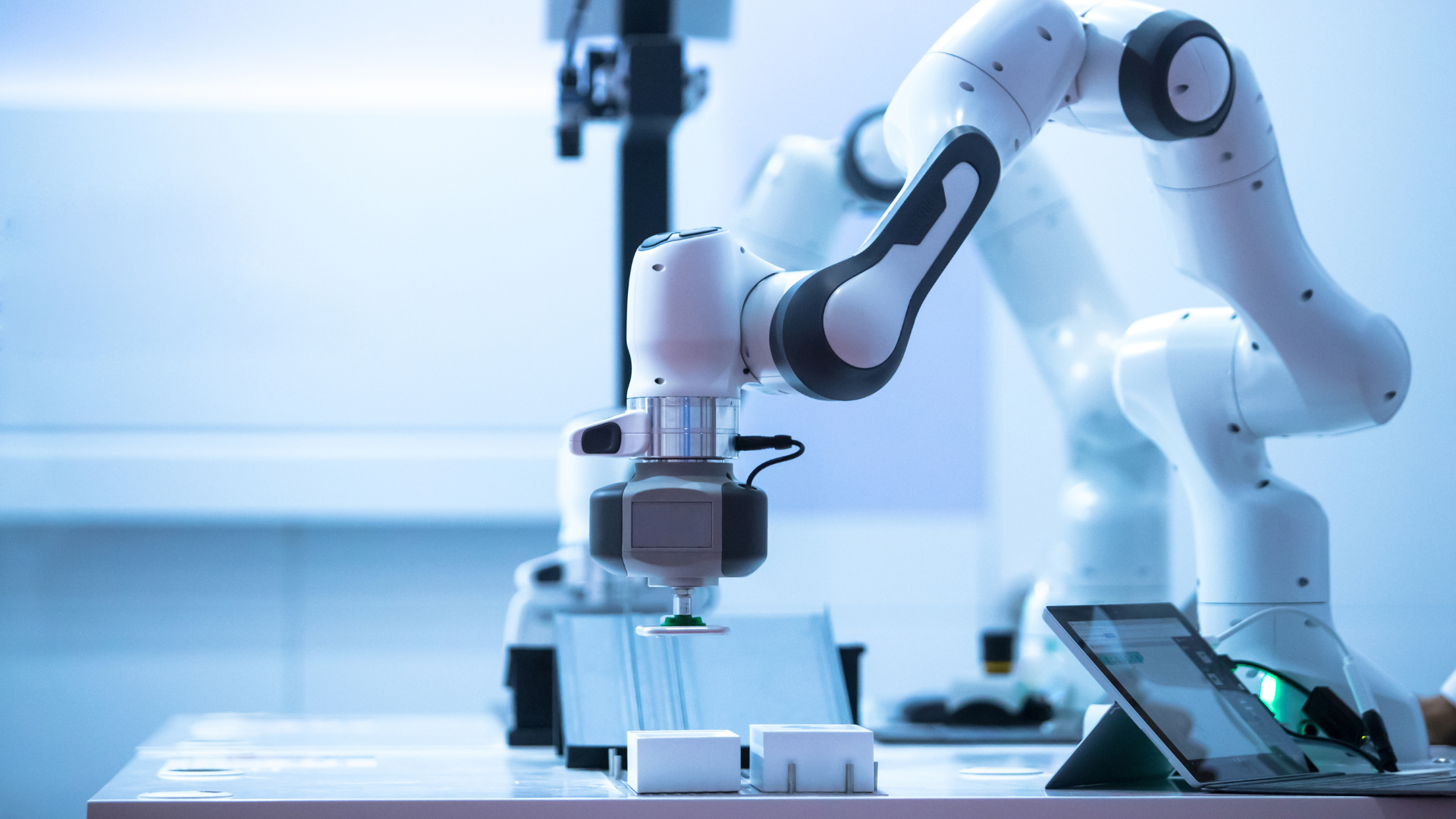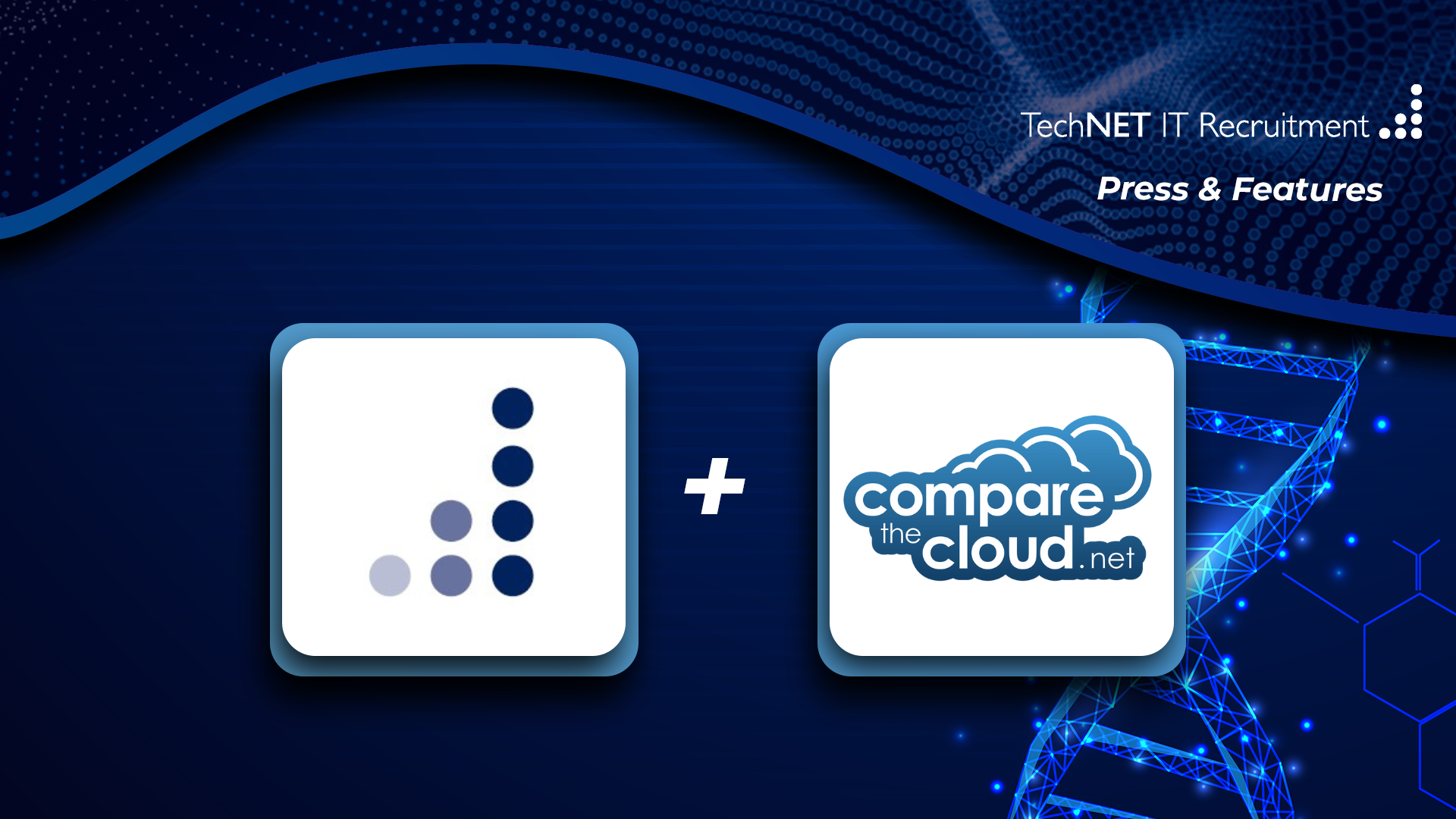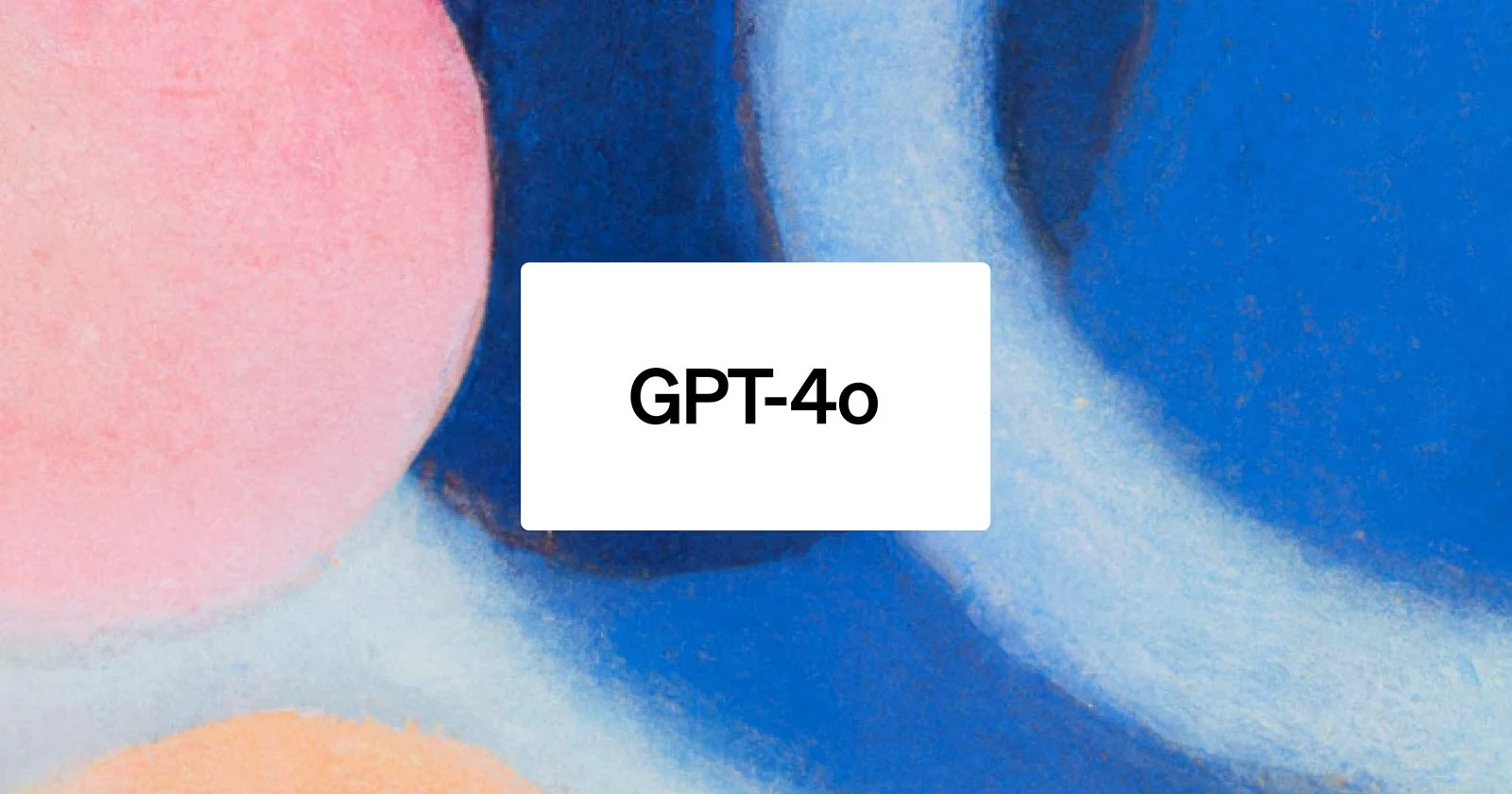

Is AI threatening IT jobs?
Should those working in IT jobs be threatened by artificial intelligence, or admire it? This is a question many IT and Tech professionals are worried about since the introduction of AI technology, including the controversial ChatGPT.
Artificial intelligence has changed the lives of IT professionals on a global scale. Although some are concerned that AI could replace jobs performed by humans altogether, others see AI as an opportunity to improve existing roles and automate processes.
What is ChatGPT?
Launched in 2022, ChatGPT is an interactive chatbot and language model launched by artificial intelligence company OpenAI. The technology is able to generate almost instant written responses to questions and instructions, no matter the subject or topic.
Although ChatGPT responds to almost any question or demand in a seemingly intellectual and thought-out manner, there are without a doubt a number of issues that users have encountered since the release.
Advantages
ChatGPT stands out amongst other AI platforms as it is able to produce contextually appropriate text. Whilst remaining grammatically correct and semantically meaningful with every response, ChatGPT makes for an extremely useful tool, especially for writers or researchers.
Many users have confidently stated that ChatGPT will be used as a search engine tool. Although ChatGPT isn’t here to replace other long standing search engines, thanks to the transformer architecture, the model is able to understand and consider every word that have been typed, including transition words, rather than only picking up on the keywords.
ChatGPT is able to provide responses in different styles and formats, making it suitable for a wide range of users. It can write emails, essays, poetry and generate code within a few clicks – and that is only scratching the surface of its capabilities.
Disadvantages
At this stage, ChatGPT is prone to inaccuracies, which OpenAI CEO Sam Altman has already admitted to fans on Twitter as he warns users about relying on ChatGPT “for anything important right now.”
This statement suggests that the model is still in progress, and we can expect improvements over the next few months or years.
Altman also says that it shouldn’t be solely relied on for factual questions, rather it should be used for “fun, creative inspiration”.
In the wrong hands, ChatGPT could be used unethically in both education and in the world of work – running the risk of plagiarism. ChatGPT’s inaccuracy rate has actually been cited to be between 15% – 21%!
ChatGPT is incredibly limited, but good enough at some things to create a misleading impression of greatness.
it’s a mistake to be relying on it for anything important right now. it’s a preview of progress; we have lots of work to do on robustness and truthfulness.
— Sam Altman (@sama) December 11, 2022
What we think
Although ChatGPT clearly has a long list of advantages and has become increasingly popular amongst the IT community, accessibility will likely be the biggest issue for the software going forward.
As Altman tweets, “The danger is that it is confident and wrong a significant fraction of the time”, therefore users may become too reliant on it, and end up sharing incorrect data as a result, which will be damaging.
Since the launch, there have been a handful of updates made, but ChatGPT still has a long way to go before it is considered a reliable source of information.
On a positive note, without accuracy, ChatGPT will be unable to threaten IT professionals in their IT jobs, and cannot replace the capabilities of a human at this stage.
Do you see yourself using ChatGPT in the future? If you’re interested in the subject of AI and automation, we have put together a number of blog posts that you may be interested in.






